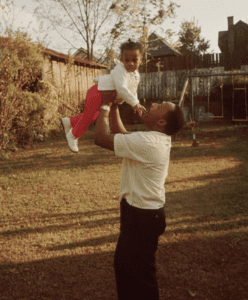New Year, Same High Expectations
Madeline Redetzky, M.S.

At the end of every year, we can be sure that a new year is coming soon. We can also be sure that talk of resolutions will be coming as well. New Year’s resolutions can provide an exciting change. It can also play into the concept of “New Year, New Me!” This is wonderful for some people out there who love setting goals and crushing them. I am here to remind you that New Year’s resolutions are not always a healthy and exciting concept.
Let’s be honest, New Year’s resolutions are often goals that we set for ourselves that we did not complete previously for a multitude of reasons. These goals could include anything from eating healthier, working out more, or doing more or less of anything else. This often becomes another expectation or promise to ourselves that be difficult to accomplish. Now let’s factor in mental health struggles into new year’s resolutions. Intrusive thoughts associated with mental health issues are already great at creating unrealistically high expectations. These unrealistic expectations are later used to beat ourselves down and find every wrong decision. While we can continue to challenge these irrational thoughts, maybe it is helpful to solve the origin of the problem instead. If we set healthier and more realistic expectations, or resolutions, for ourselves upfront, it is possible that we will have less intrusive thoughts and feel more fulfilled.
Now let’s talk about how to set these realistic expectations. One step is to start small. Try to avoid setting a goal for the whole year or to change a whole part of your life at once. For example, instead of saying “I am going to eat healthier every day for the whole year,” try “I am going to try to eat one healthier meal per week.” You can continue increasing that number as you feel confident about that new habit. Remind yourself that even a small step can drastically change your trajectory. Also, when you falter on your goal, acknowledge it, and try again the next day.
Lastly, maybe you allow yourself to throw out the whole concept of a new year’s resolution. You can identify what is going well and keep working on that. Find a mindful intention like bettering your mindset as opposed to focusing only on outcomes. You can also write down a word of the year. An example of this idea is choosing the hope, hang it up in your home somewhere, and work on identifying moments where you have felt hope or seen it around you.
No matter if you chose a formal New Year’s Resolution, a new intention, or no expectations at all, you are allowing yourself to acknowledge that you have reached the milestone of another year and anything is possible.



